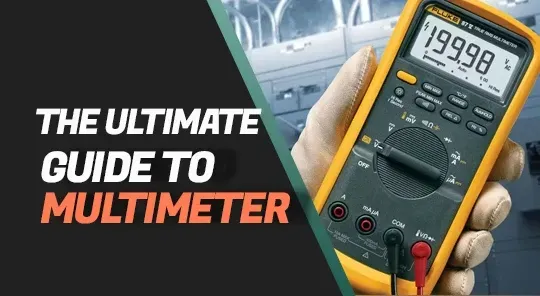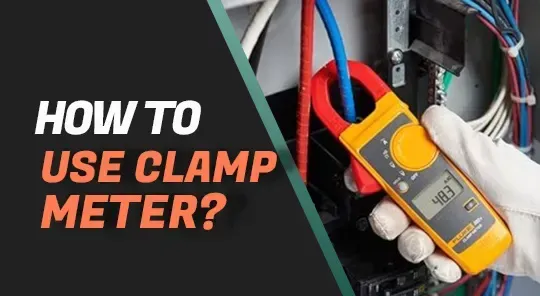What Is Earth Tester?
Understanding Earth Testers: A Comprehensive Guide
In the realm of electrical engineering and safety, the term "earth tester" frequently emerges as a critical tool. Whether you're a professional in the field or simply curious about electrical safety, understanding what an earth tester is and its significance can be immensely beneficial. This article delves into the essential aspects of earth testers, their functionality, and their applications.
What is an Earth Tester?
An earth tester, also known as a ground resistance tester or ground tester, is a device used to measure the resistance of the earth or ground in electrical installations. This resistance measurement is crucial because it helps ensure that the grounding system is effective, which is vital for the safety of electrical systems. Proper grounding protects electrical equipment and people from electric shocks and ensures the safe operation of electrical systems.
How Does an Earth Tester Work?
The primary function of an earth tester is to measure the resistance between a grounding electrode and the earth itself. It typically operates using one of the following methods:
- Fall-of-Potential Method:
- This is the most common method used by earth testers. It involves placing two auxiliary electrodes in the ground at a specific distance from the grounding electrode.
- A known current is passed through the grounding electrode and one of the auxiliary electrodes, and the voltage is measured between the grounding electrode and the second auxiliary electrode.
- The resistance is then calculated using Ohm's Law (R = V/I).
2.Clamp-On Method:
- This method is non-intrusive and doesn't require driving auxiliary electrodes into the ground.
- It uses a clamp meter that encircles the grounding conductor and induces a voltage. The current flowing through the loop is measured, and the resistance is calculated.
- This method is faster and more convenient but may be less accurate in some conditions.
Popular Products
Fluke 1625-2 GEO Earth Ground Tester:
- Features: Advanced automatic frequency control (AFC), stakeless testing, and easy-to-use interface.
- Benefits: Provides highly accurate measurements and is suitable for a wide range of applications.
Megger DET3R Digital Earth Tester:
- Features: Robust design, resistance measurement up to 2kΩ, and a simple rotary switch for operation.
- Benefits: Ideal for fieldwork due to its durability and ease of use.
Kyoritsu 4105A Digital Earth Resistance Tester:
- Features: Lightweight, compact design, and capable of testing earth resistance from 0.05Ω to 1200Ω.
- Benefits: Highly portable and provides quick, accurate readings.
Hioki FT6031-03 Earth Tester:
- Features: Waterproof, dustproof design, Bluetooth connectivity, and a wide measuring range.
- Benefits: Suitable for use in harsh environments and offers the convenience of data transfer to mobile devices.
Conclusion
Choosing the right earth tester depends on your specific needs and the environment in which you will be using the device. The products listed above are some of the most popular and reliable options available, each offering unique features and benefits. Whether you require a simple, portable tester for basic measurements or a more advanced device for comprehensive testing, there is an earth tester to meet your requirements. Investing in a high-quality earth tester ensures accurate measurements, enhancing the safety and reliability of your electrical installations.






